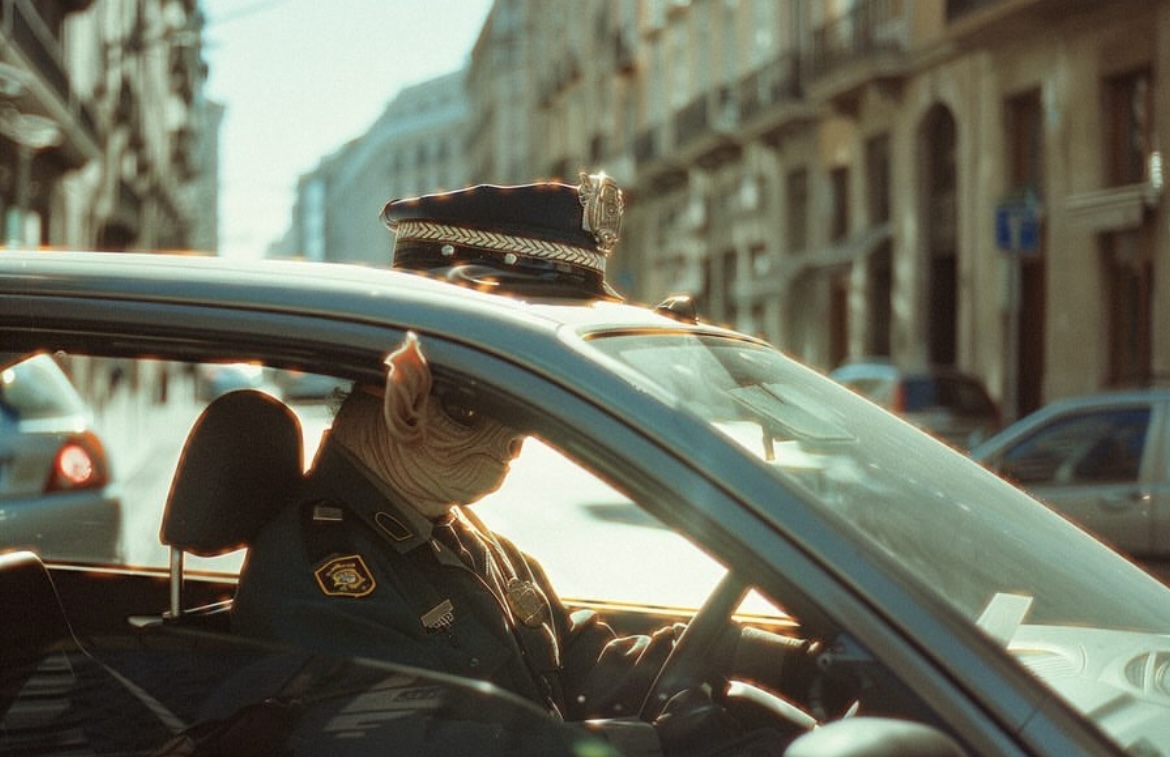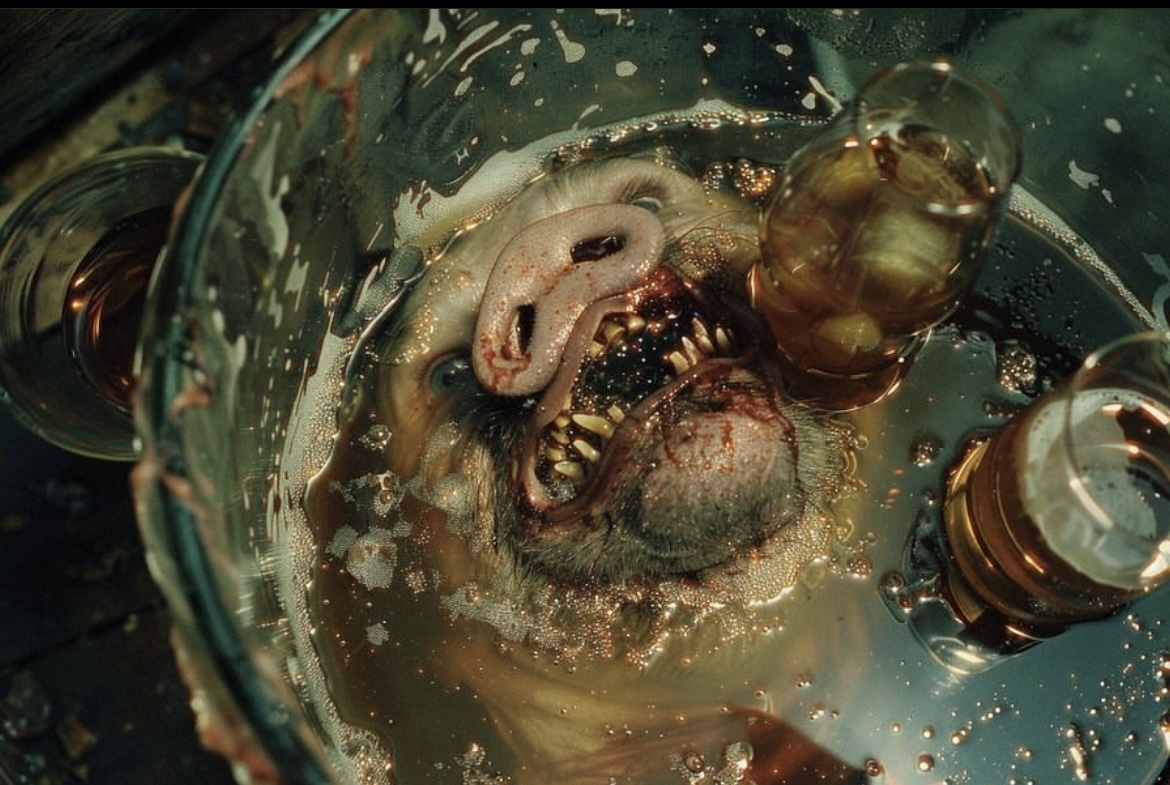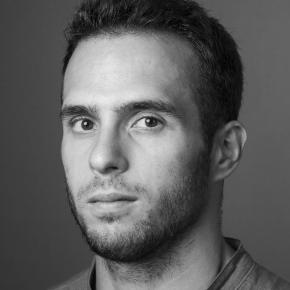Freedom Through Autonomy - An Interview with Oriol Rigata
Freedom Through Autonomy - An Interview with Oriol Rigata
AI Filmmaking As A Potential Breakthrough For The Unprecedented

Oriol Rigata has always been fascinated by creating art. He focused entirely on photography for the last 7 years. However, his true passion has always been the art of filmmaking. Filmmaking itself is an all-round job - from the plot idea to the choice of all suitable sets to various budget issues and constant communication with the entire crew. Dealing with social anxiety and a general preference for working independently and, on special occasions, having the ability to work 24 hours a day are not easy to reconcile with this. Eight months ago, he discovered Midjourney, and therefore a self-led and fully autonomous way of AI film creation. This is an interview about new opportunities, the dangers that arise from it and general food for thought by an AI film creator.
“In an ethical way I just try to be myself” Oriol Rigata laughs, while answering the question of what limits or restriction he faces in a creative or ethical way when working in AI filmmaking. “I always play with the limits, in all aspects of life. There are lots of limits in AI filmmaking, it is impossible to execute exactly whatever you have in your head. So, it is like an imagination of what you have in your head and what the AI can do. And my job is trying to make this gap the slightest as possible. But I think it is not the task of the creatives, but that of the politicians to regulate the restrictions. And what should and should not be possible. But I think it is not my responsibility as a creative to set those. I do have responsibilities, but different ones when making films. I wouldn’t say in a movie what I wouldn’t say in person.”
The statement about what one would say in real life and what not excites. But where do those original ideas come from? Diving deeper in the topic of authorship in AI, Oriol replies that in his opinion it is just a simpler and facilitated way of referencing, but nothing completely new or reprehensible. Non-AI filmmaking is also influenced by the filmmaker’s subjective perspective, which is unconsciously or consciously shaped by previously consumed and produced content. Approaching this topic from an interdisciplinary perspective:
“[…] I think the best thing that could have happened to documentary photography is the arrival of AI. Because AI cannot take a photo of this very moment, right now, right here. […] I don’t know what to expect, but I think in around 5-10 years we will see movies fully developed by AI.”
After those interesting statements, the question arises what other advantages he sees for himself in choosing this way of filmmaking. “Since I work by myself most of the time, I am more efficient, I can work like two people at once. Also not having to organize and handle the communication under the team itself [is a positive aspect for me].” Therefore, AI filmmaking is an autonomous and self-directed way then to generate films, which previously
always involved a lot more other effort, both organizationally and interpersonally. A more inclusive and progressive technology then?

However, the consequences of increased efficiency and acceleration without human labor involved, are also an often expressed and, one could also say, feared effect of AI in certain circles: “[…] it is invadable, but people are scared. Lots of people could be losing their jobs, but times are changing. I am super excited, I hope it is not a selfish thing to say but my main source of income is teaching and not filmmaking”, he responds. “I feel them […] but it is a new tool. Every time a new tool enters the game, some people are scared, and others are excited. It is part of the game.” So, a conflict in the community between great respect, fear, and anticipation?
As Oriol stated at the beginning, that a major challenge he faces is the merger of visualizing the idea with the technology, the general thought arises, where this initial idea comes from: in it’s very core it must be creativity, correct? His answer to whether he thinks that AI promotes creativity or inhibits it is the following:
“In my personal experience it increases creativity 500%. I had the images in my mind, but I did not have the tools before to express my idea like I have imagined them.”
The tools that make it possible. Oriol Rigata sees the opportunity in AI. In his opinion, AI could be an opportunity for the so-called “tool” of the industry. “A writer has words, painters have colours, photographers have light - it is not a tool for photography or paintings, because there is no process in it. In filmmaking […] the real work is putting the music, the shots, the timing together […] but cinematographs don’t have an own tool. Maybe AI could be the tool for filmmaking? That is something I think about very often. One original tool for filmmaking, because it is not just photography with movement.” As a result, could AI offer the answer to a phenomenon that has often been discussed but not yet conclusively answered? And here we are again, certainly more food for thought.

